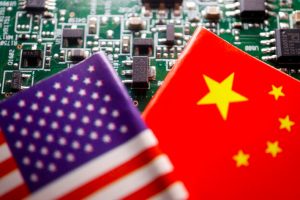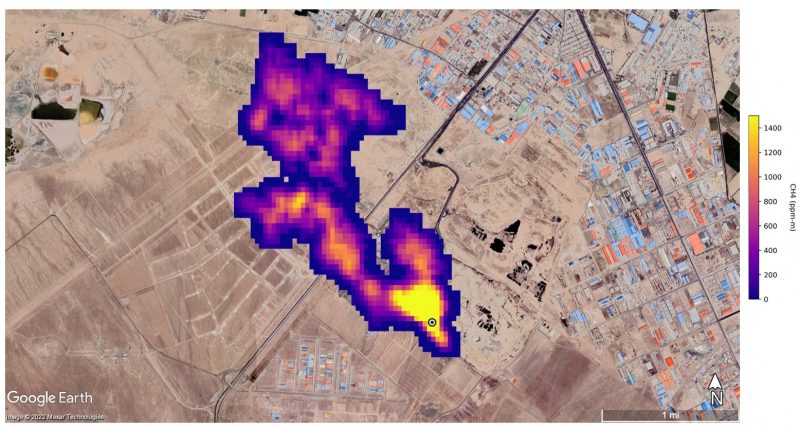Japan’s government needs to compile a third extra budget for the current fiscal year ending March to shore up an economy hammered by the Covid-19 pandemic, economists said in a Reuters poll.
Nearly three quarters of economists polled said the government should spend up to 10 trillion yen ($94.95 billion) under the extra budget to help the world’s third-largest economy recover after record contraction in the second quarter.
The rest said the government should spend even more.
“Companies are suffering from the heavy burden of social distancing policies to prevent the spread of the virus, which have hit their profit,” said Harumi Taguchi, principal economist at IHS Markit.
“There’s a chance the government will consider another budget as money to fund current subsidies and other relief measures may run out.”
A median estimate of 39 economists showed Japan’s economy expanded at an annualised 15.1% in July-September after contracting 28.1% in the preceding three-month period.
Those polled expect the economy to contract by a record 6.0% in the current fiscal year, and rebound 3.4% the following year. The projections were unchanged from a previous poll in September.
About 76% of respondents to the Oct. 7-15 poll said the government should launch a third extra budget to cushion the blow from COVID-19.
Among those respondents, 11 said the size of the extra budget should be 5 trillion to 10 trillion yen, seven said under 5 trillion yen, and the remainder said over 10 trillion yen.
Japan has already announced $2.2 trillion across two stimulus packages, including cash payments to households and small business loans.
Ruling-party lawmakers have likewise called for another stimulus package funded by a third extra budget.
November budget?
Local media have reported Prime Minister Yoshihide Suga plans to order his government to compile extra stimulus measures as early as November, a move that would highlight his resolve to return growth to levels seen before the health crisis.
The poll also showed 90% of economists agreed with Suga that more regional banks must consolidate to survive the impact of a dwindling population as well as narrowing profit margins brought about by ultra-low interest rates.
A firm majority of economists said small and mid-sized firms should also consolidate more to boost productivity.
“There are so many regional banks in Japan including those that won’t be able to withstand such severe competition alone,” said Hiroaki Mutou, assistant general manager at Sumitomo Life Insurance Co’s investment planning division.
Economists expect core consumer prices, which exclude volatile fresh food but include energy costs, to fall 0.4% this fiscal year before rising 0.2% the following year, the poll showed.
Won’t join US block on Chinese telecoms
Japan has told the United States that Tokyo will not, at the moment, join Washington’s plan to exclude Chinese firms from telecommunications networks, the Yomiuri newspaper said on Friday, citing several sources.
Japan will take its own steps to respond in case there are worries over security issue, while Tokyo will cooperate with the United States, the paper said.
The US State Department published in August an update of a plan called the “Clean Network” calling for telecom companies, cloud service providers, and mobile apps of Chinese origin to be kept out of the United States.
The United States is pressing allies to bar Huawei from next generation 5G mobile phone networks on security grounds.
US Secretary of State Mike Pompeo mentioned the “Clean Network” plan when he met Japanese Foreign Minister Toshimitsu Motegi in Tokyo earlier this month, the Yomiuri said.
Japan told the United States that Tokyo cannot join a framework which excludes a specific nation but will reconsider if there is any change to the current US plan, according to the report.
Chief Cabinet Secretary Katsunobu Kato, the top government spokesman, responded to the Yomiuri report by saying his understanding was there was no exchange of views on the “Clean Network” plan during the meeting between Pompeo and Motegi but the US explained its overall cybersecurity efforts.
“Our nation wants to continue to strengthen cooperation in the area of cybersecurity with the US” Kato said during a news conference on Friday.
Japan will also take steps to secure cybersecurity safety by taking steps to reduce supply chain risks when procuring information and communication equipment, he said.
Reuters
























